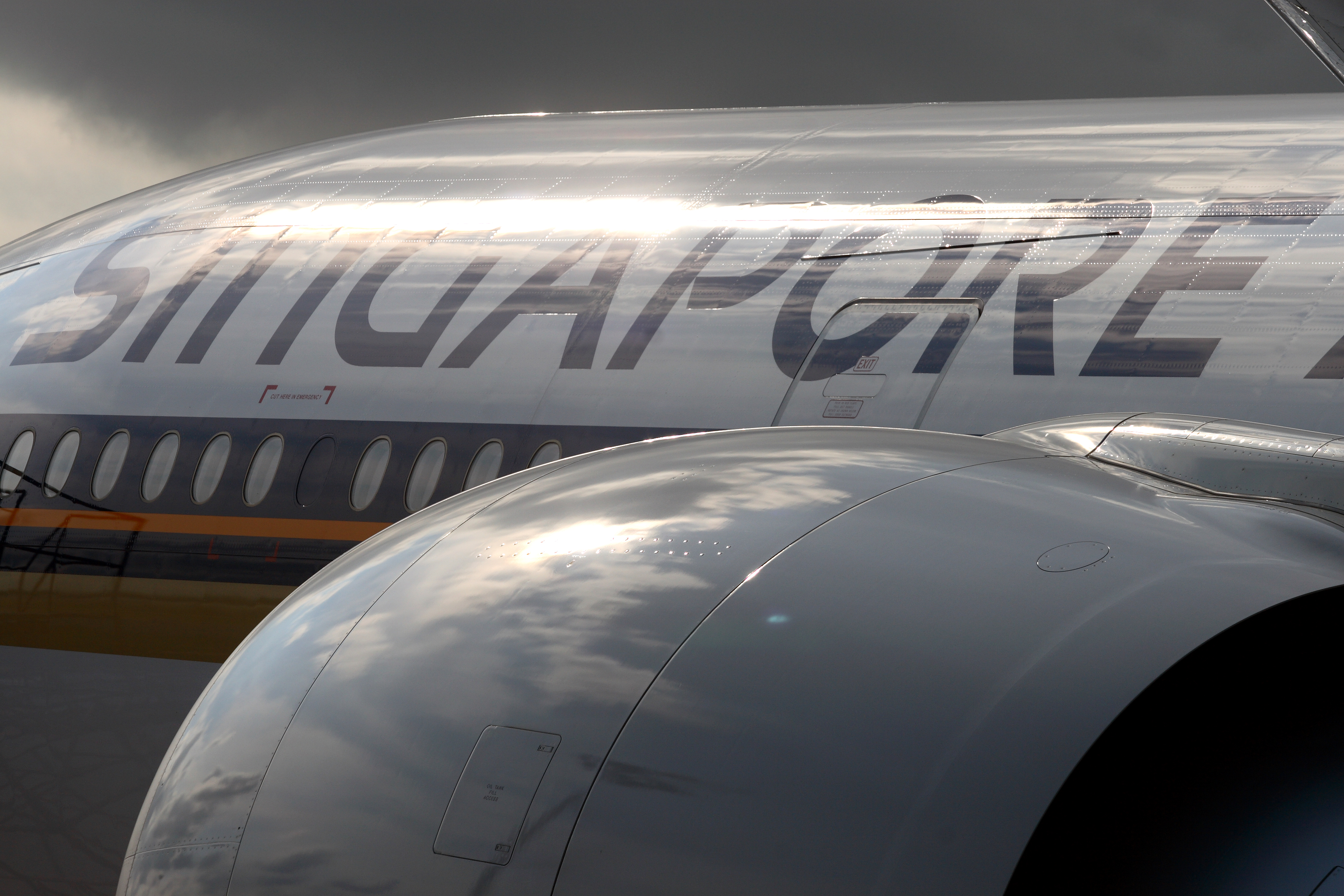Singapore Airlines (SIA) reporting a 37.7% drop in its first quarter fiscal year 2024/25 results, down to $470 million. Its net profit was down 38.4% to $452 million.
The airline cited lower yields and rising fuel costs as a main driver to its lower operating profit. Its revenues were up only 5.3% to $4.7bn, while its total expenditure was up 14% to $4.2bn in the quarter. Net fuel costs were up 30% to $1.4bn.
SIA said the aviation industry - including itself - is contending with continuously heightening competition, supply chain constraints, costs pressures from inflation, and geopolitical tensions.
The airline added: ""In addition to the weaker operating performance, a reduction in net interest income, lower surplus on disposal of aircraft, spares, and spare engines, and lower share of profits of associated companies contributed to the decline in the group's net profit.""
In addition, its cargo flown revenue was flat compared to the same quarter last year at $541 million. ""Overall air cargo demand remained buoyant, supported by strong e-commerce flows and increased demand for air freight driven by the Red Sea crisis and port congestion,"" the airline read in a statement.
As of June 30, 2024, its shareholders' equity decreased by $1.3bn down to $15.1bn from the previous quarter's end. Cash and bank balances fell by $1.2bn to $10.1bn. These decreases were largely due to the redemption of all of its remaining mandatory convertible bonds. Total debt balances remained flat at $13.3bn. Its debt-equity ratio increased from 0.82x to 0.89x.
The airline added that the proposed merger of Air India and Vistara - of which SIA will have a 25.1% stake in an ""enlarged Air India group"" - is still ""on course"" with the Indian National Company Law Tribunal granting its approval in June this year. SIA explained: ""This strategic move will bolster the group's presence in India, strengthen its multi-hub strategy, and allow it to maintain its direct involvement in this large and rapidly-growing aviation market.""
In its outlook, the group said travel demand will remain robust in the coming months. ""The group will remain nimble and agile, while seizing growth opportunities that may arise."" It expects passenger yields to remain below the previous year's levels as more capacity enters the market, highlighting the Asia-Pacific region.
SIA operating profit falters over lower yield in competitive environment and rising fuel costs

